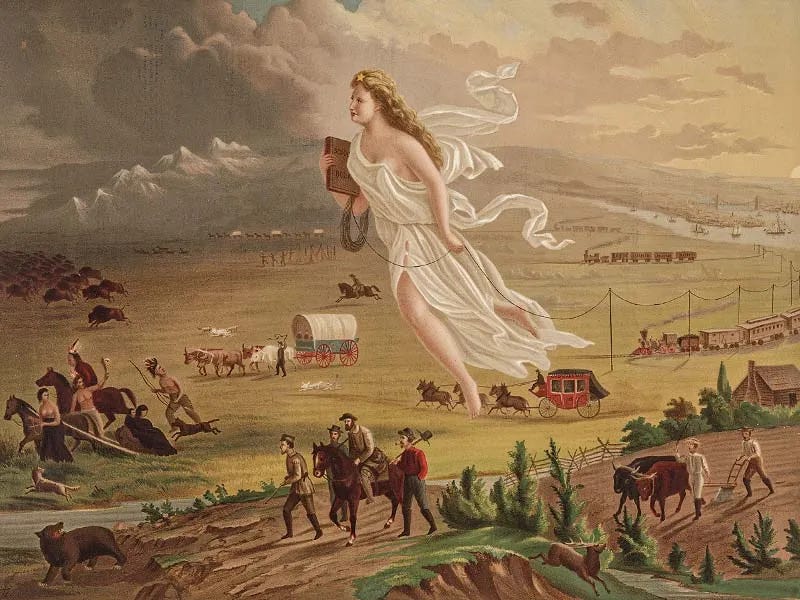The reckoning that wasn’t
Six months ago, Trump won. Much rethinking was promised. Did it happen?
Six months ago, Donald Trump won the presidency for the second time — and a legion of people and institutions that stand opposite him vowed a reckoning. The country was promised real soul-searching and sincere, if grueling, introspection — by the Democratic Party, by activist organizations, by the press that aspires to hold Trump to account. Lessons fro…




